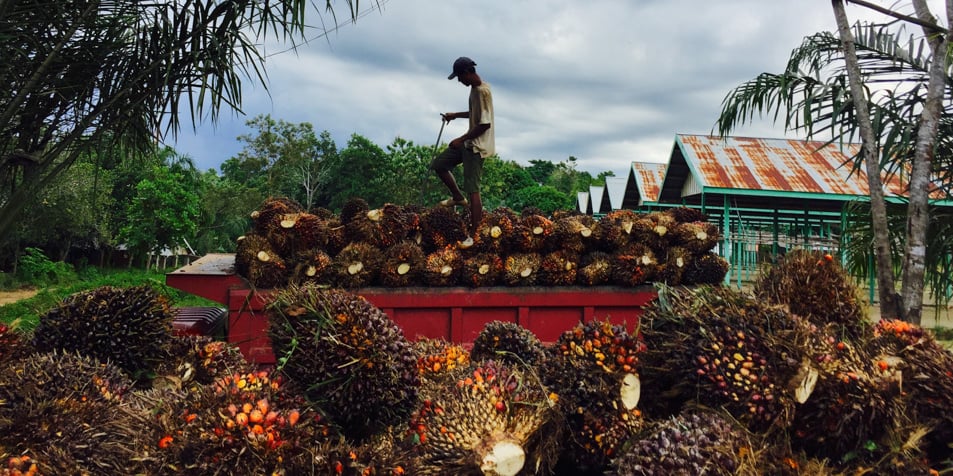
While ethical consumerism is often touted as a potential solution for climate change and other environmental problems, recent research from Stanford suggests it might be a less clear practice than previously believed. According to the study, supply chain sustainability efforts are overestimated by consumers thanks to the proliferation of media coverage and “sustainable” product labeling.
However, the research wasn’t all doom and gloom, acknowledging that more than half of global companies surveyed had implemented some sort of sustainability practice in their supply chain. And according to lead author and Emmett Interdisciplinary Program in Environment and Resources graduate student Tannis Thorlakson, there’s reason to believe that consumer pressure can still push such sustainability efforts forward.
“The pressure consumers put on firms when they demand more sustainable products might be paying off,” Thorlakson told Stanford News. “I hope this paper acts as a call to action for those 48 percent of companies that aren’t doing anything to address sustainability challenges in their supply chain.”
The study, which was the first large-scale analysis of supply chain sustainability in private companies, analyzed 449 publicly traded companies in industries ranging from food to textiles. The potential impact of corporate supply chains is substantial, affecting more than 80 percent of workers worldwide and being involved with more than 80 percent of global trade.
“Advancing environmental and social goals in supply chains can quickly become very complex,” said Joann de Zegher, study co-author and postdoctoral fellow at the Graduate School of Business.
This complexity is one of the reasons consumers might not understand what a sustainability label really means. For instance, the study found that more than 70 percent of the supply chain sourcing practices only addressed a given portion of the materials needed to produce a given product. In such cases, a product might have sustainably sourced packaging but have unsustainable direct inputs.
The researchers also found limits to which “tiers” in the supply chain were addressed. In the textile industry, for instance, sewing factories were more intentionally planned than facilities in charge of dying cloth or growing cotton.
And within companies at large, “sustainable” products are often marketed as a single line among a wide variety of options. So while a corporation might market one chocolate bar as being sustainably sourced, they are likely to still sell many other varieties of non-sustainable chocolate. Indeed, over 25 percent of sustainable supply chain rules within a company apply to only a single product.
Despite these issues, the researchers found optimism in the fact that companies with headquarters in countries with more nongovernmental organizations were more likely to implement sustainable supply chain measures.
“Our results show a glass half full and half empty,” said co-auther Eric Lambin, a professor in the School of Earth, Energy & Environmental Sciences.
Contact Ada Statler at adastat ‘at’ stanford.edu.
